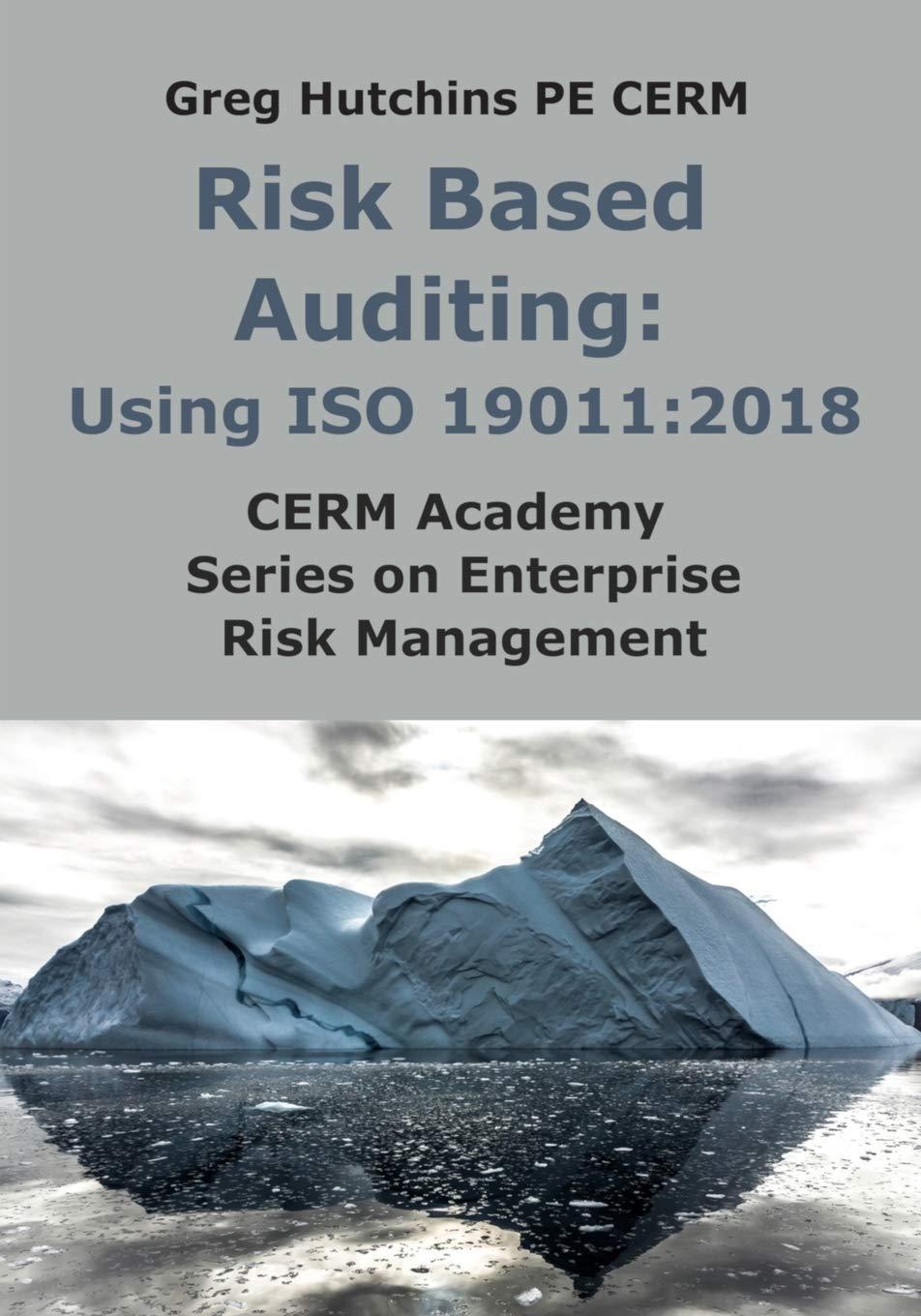Question
A project with an up-front cost at t=0 of $1500 is being considered by Nationwide Pharmaceutical Corporation (NPC). (All dollars in this problem are in
A project with an up-front cost at t=0 of $1500 is being considered by Nationwide Pharmaceutical Corporation (NPC). (All dollars in this problem are in thousands.) The projects subsequent cash flows are critically dependent on whether a competitors product is approved by the Food and Drug Administration. If the FDA rejects the competitive product, NPCs product will have high sales and cash flows, but if the competitive product is approved, that will negatively impact NPC. There is a 75% chance that the competitive product will be rejected, in which case NPCs expected cash flows will be $550 at the end of each of the next seven years (t = 1 to 7). There is a 25% chance that the competitors product will be approved, in which case the expected cash flows will be only $20 at the end of each of the next seven years (t = 1 to 7). NPC will know for sure one year from today whether the competitors product has been approved.
NPC is considering whether to make the investment today or to wait a year to find out about the FDAs decision. If it waits a year, the projects up-front cost at t = 1 will remain at $1,500, the subsequent cash flows will remain at $550 per year if the competitors product is rejected and $20 per year if the alternative product is approved. However, if NPC decides to wait, due to the patent expiration, the subsequent cash flows will be received only for six years (t = 2 ... 7).
a) Assuming that ALL cash flows are discounted at 10%, if NPC chooses to wait a year before proceeding, how much will this increase or decrease the projects expected NPV in todays dollars (i.e., at t = 0), relative to the NPV if it proceeds today? (Find NPV of the project with and without the option and take a difference, i.e. find the value of the timing option)
FOR PART B & C: NPC will proceed with the investment today to take advantage of the untapped market potential and at the end of the projects life, after finding out about the FDAs decision about the demand for competitors product, they will decide whether or not to renew the patent and rerun the project. The project reruns upfront cost (at t = 7) will remain at $1,500, and the subsequent cash flows will remain unchanged and will be received for seven additional years (t = 8 ... 14). They will only rerun the project if the rerun of the project adds value.
b) Assuming that all cash flows are discounted at 10%, what is the NPV of the project with and without the growth option? (5 points).
c) Assuming that all cash flows are discounted at 10%, use the black-Scholes model to estimate the value of the option. Assume that the variance from the projects rate of return is 0.2524 and the risk-free rate is 7%. (5 points)
Step by Step Solution
There are 3 Steps involved in it
Step: 1

Get Instant Access to Expert-Tailored Solutions
See step-by-step solutions with expert insights and AI powered tools for academic success
Step: 2

Step: 3

Ace Your Homework with AI
Get the answers you need in no time with our AI-driven, step-by-step assistance
Get Started


